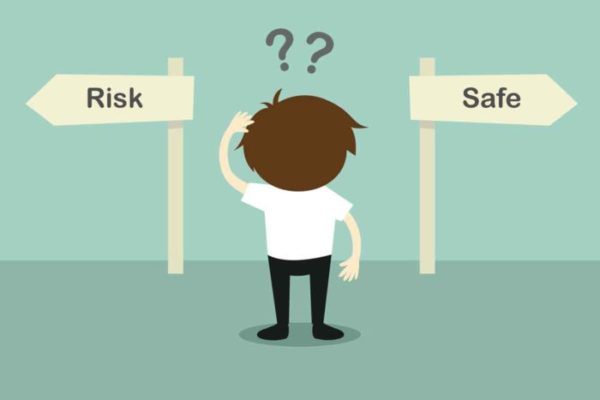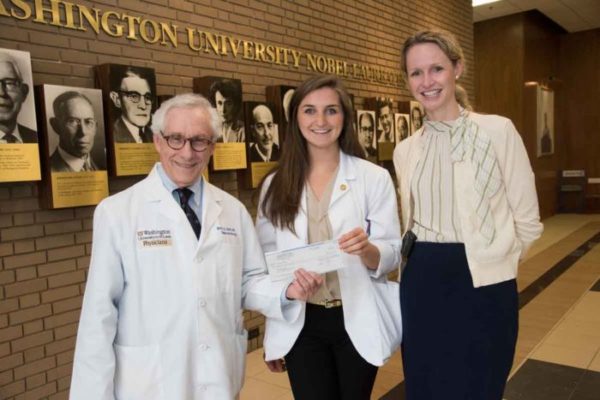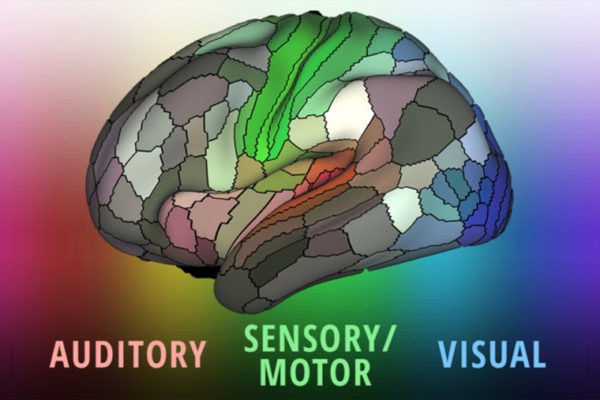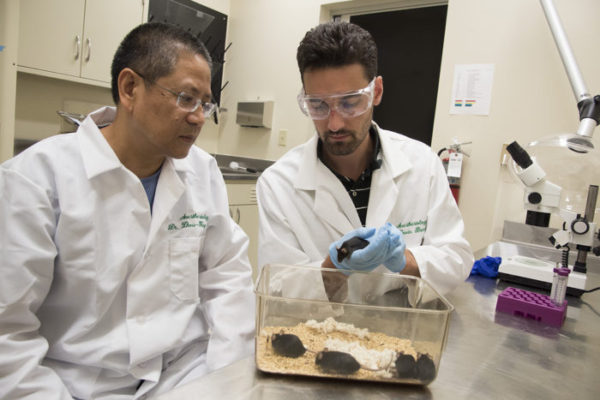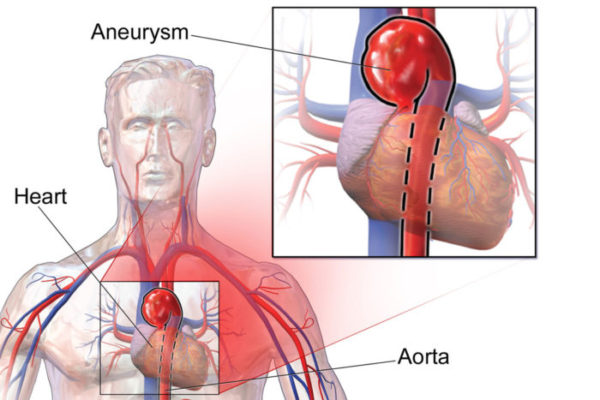Study identifies neural circuits involved in making risky decisions
New research from the School of Medicine sheds light on what’s going on inside our heads as we decide whether to take a risk or play it safe.
Medical student receives prestigious fellowship to research nerve injury
Alexandra Keane, who this fall will begin her second year as a medical student at the School of Medicine, is among 50 recipients of a $5,000 summer research fellowship from the Alpha Omega Alpha National Honor Medical Society.
Doctors paid by drug companies more likely to use those companies’ meds
Ophthalmologists who receive money from pharmaceutical companies are more likely to prescribe medications promoted by those companies than similar drugs that are less costly, a new School of Medicine study shows.
Obituary: Jessie L. Ternberg, professor emerita of surgery, surgery in pediatrics, 92
Jessie L. Ternberg, PhD, MD, a professor emerita of surgery and surgery in pediatrics, died July 9, 2016, of natural causes while on vacation in Zermatt, Switzerland. She was the first female surgical resident at Barnes Hospital and served for decades at the School of Medicine and St. Louis Children’s Hospital. Ternberg, of Creve Coeur, was 92.
A detailed map of how the brain is organized
A detailed new map by researchers at the School of Medicine lays out the landscape of the cerebral cortex – the outermost layer of the brain and the dominant structure involved in sensory perception and attention, as well as distinctly human functions such as language, tool use and abstract thinking.
Potential new target identified for treating itch
School of Medicine researchers have found how sensory nerve cells work together to transmit itch signals from the skin to the spinal cord, where neurons then carry those signals to the brain. Their discovery may help scientists find more effective ways to make itching stop.
Odom receives $500,000 award to further malaria research
Audrey R. Odom, MD, PhD, a noted malaria researcher at the Washington University School of Medicine, has received a five-year, $500,000 award from the Burroughs Wellcome Fund to further her research into the parasitic disease.
Genetic error that increases risk of aortic rupture identified
A study led by Washington University School of Medicine in St. Louis, in collaboration with Brigham and Women’s Hospital in Boston, has identified a genetic error that weakens the aorta, placing patients with this and similar errors at high risk of aortic aneurysms and ruptures.
Stem cells engineered to grow cartilage, fight inflammation
With a goal of treating worn, arthritic hips without extensive surgery to replace them, scientists at the School of Medicine have programmed stem cells to grow new cartilage on a 3-D template shaped like the ball of a hip joint.
Ability to turn off genes in brain crucial for learning, memory
A study in mice at the School of Medicine how genes stuck in the “on” position can lead to faulty brain wiring that affects learning and memory.
View More Stories
